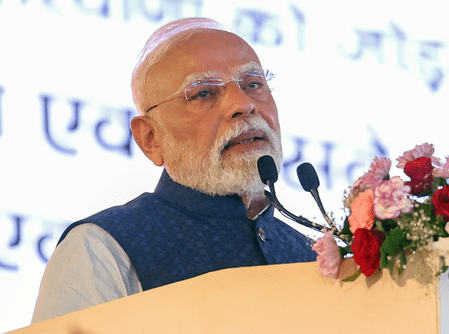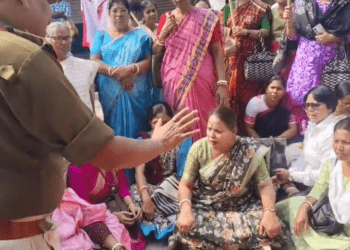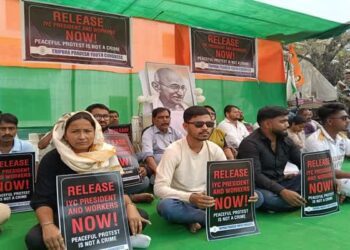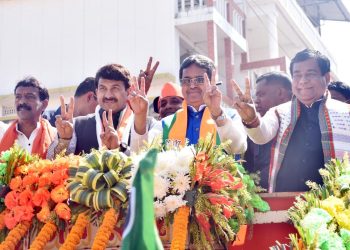New Delhi, Aug 23 — Prime Minister Narendra Modi has reaffirmed his government’s commitment to next-generation economic reforms, placing particular emphasis on a streamlined Goods and Services Tax (GST) framework to enhance ease of living and doing business.
Speaking at The Economic Times World Leader Summit in New Delhi, PM Modi described reforms as a pathway to improved governance. “We are determined to make life easier for citizens and businesses alike. The upcoming GST changes will reflect that vision,” he said.
The Prime Minister announced that the revamped GST system would be rolled out before Diwali. The proposed structure is expected to simplify tax administration, reduce prices on essential household goods, and eliminate inefficiencies in the current multi-slab system.
The draft blueprint for GST 2.0, already released by the Centre, proposes a simplified two-tier rate system: 5% for essential goods and 18% for most others—moving away from the existing slabs of nil, 5%, 12%, 18%, and 28%, along with special rates for select items like precious metals.
In preparation for the rollout, PM Modi recently chaired a high-level strategy session with top ministers, bureaucrats, and economists. He later stated on social media, “We are committed to rapid reforms across all sectors to enhance ease of living, ease of doing business, and national prosperity.”
A dedicated Task Force has also been formed to review and overhaul outdated laws and economic procedures, signalling a broader regulatory transformation.
These reforms come at a pivotal time as India navigates growing trade tensions with the United States. In retaliation for India’s continued import of Russian oil, President Donald Trump has announced an additional 25% tariff on all Indian goods, effective August 27.
PM Modi’s reform agenda aims to reinforce India’s economic resilience and demonstrate adaptability in an increasingly volatile global economy.


















